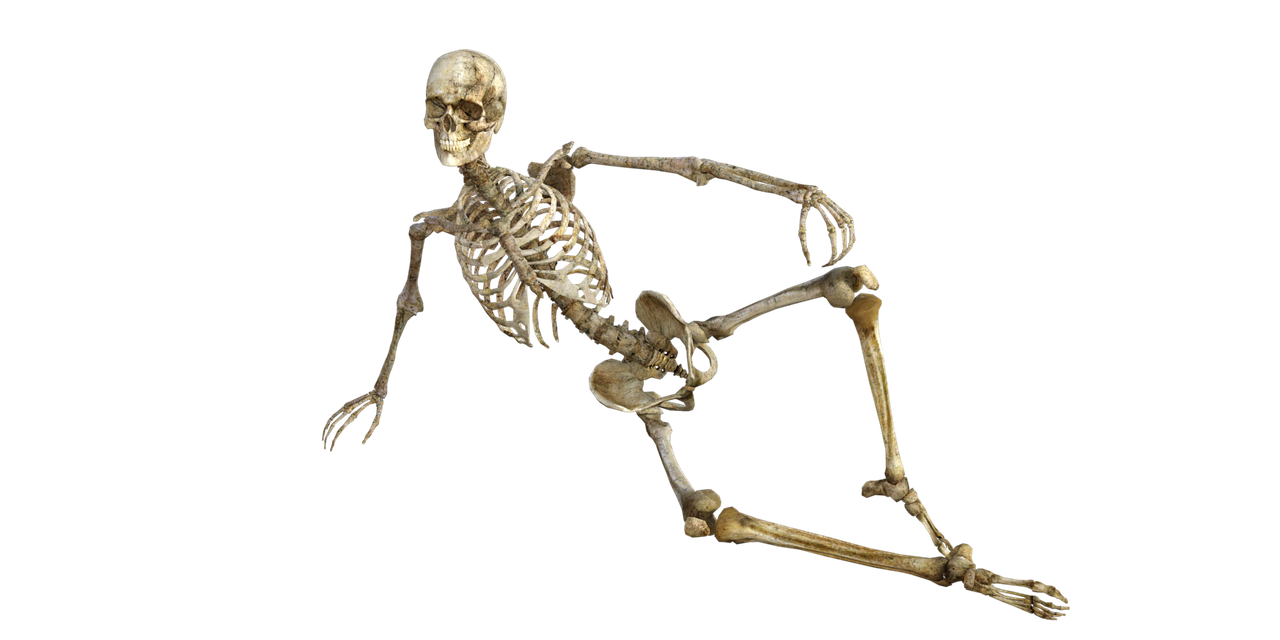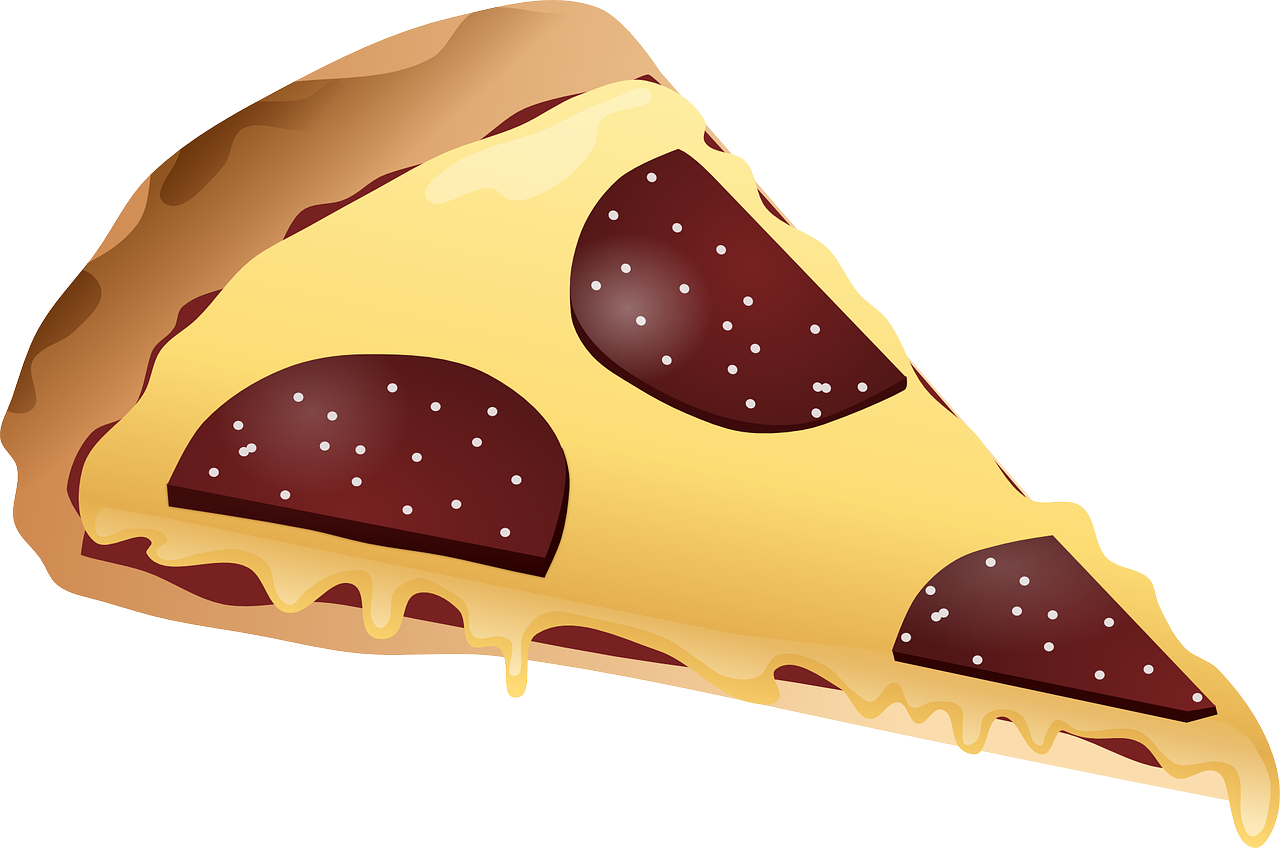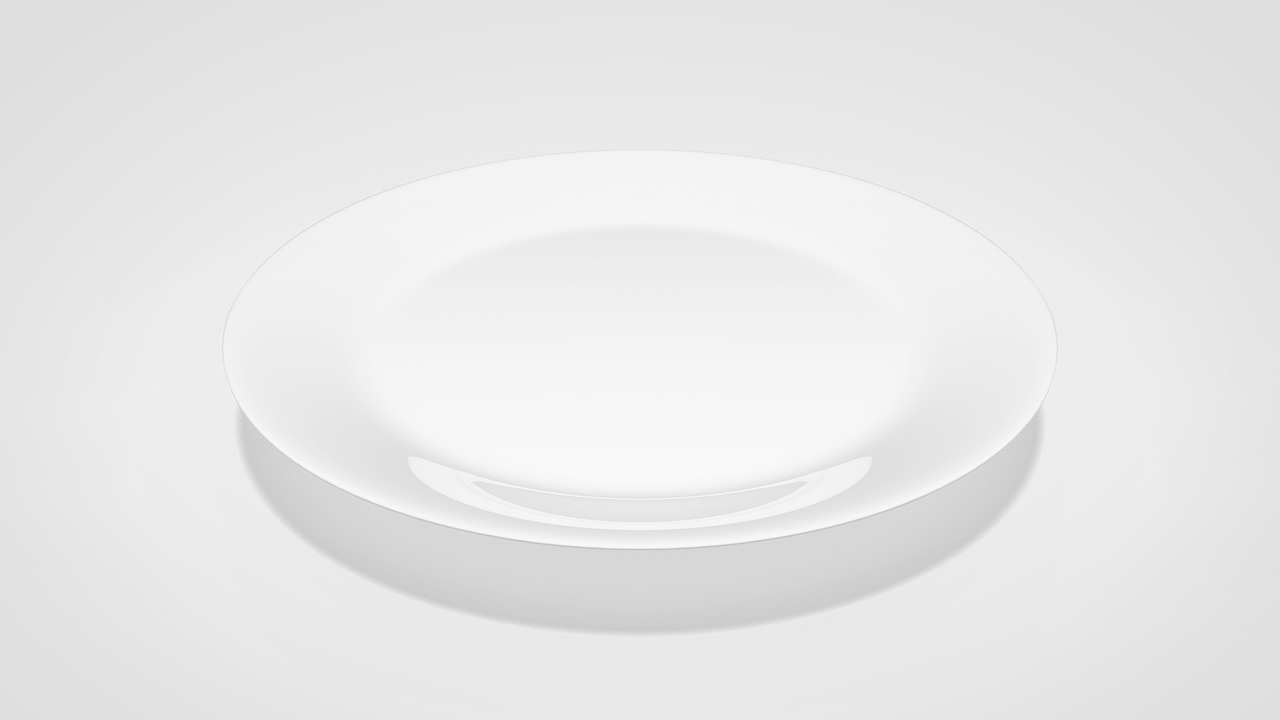This article’s title is misleading, but I can’t help it.
Let me explain.
The reality is that you already practice intermittent fasting DAILY, you just don’t know it.
Before we get into the reasons why you should give it a try, let’s first discuss what intermittent fasting is exactly.
Basically, all it means is going long periods without eating.
So, unless you wake up in the middle of the night to eat, you automatically fast 8 hours.
Remember that so you can maintain an open mind until the end of this article.
In order to get the REAL benefits of fasting, you’ll need to fast longer than 8 hours.
Ideally, anywhere from 16-24 hours daily. (I’ll explain this in detail later)
Let’s say you choose the most popular option, 16 hours.
Since you already fast 8 hours while sleeping, you’ll only need an additional 8 hours of fasting during the day.
Makes sense?
This is as simple as not eating within the first 4 hours of waking up, and the last 4 hours before bed.
As an example, you’re eating schedule would look something like this:
Eat: 10am – 6pm (8 hours)
Fast: 6pm – 10am (16 hours)
Seems pretty simple, right?
It is.
In all honesty, there’s nothing hard about pushing your breakfast up a couple of hours and having your last meal of the day at 6pm.
You can customize your fasting schedule to begin and end at any time you’d like.
Examples of eating schedule’s I’ve seen are: 1pm – 9pm, 8am – 5pm, or 3pm – 11pm.
And, if you’re someone who works the graveyard shift (overnight), you can try 10pm – 6am, 11pm – 7am, or 1am – 9am.
However you want to do it is fine.
As long as you fast for 16 consecutive hours, you’ll reap the benefits.
I’ve written about this topic in other articles.
However, in this particular article, I’m going to explain the reasons why YOU should try it.
What intermittent fasting is not
Many people hear the word “fasting” and immediately think something along the lines of starvation.
Intermittent fasting is FAR from that.
Starvation begins after you go three whole days (72 hours) without food.
When doing intermittent fasting, you don’t even go a single day without eating.
So, don’t worry, you’re not going to starve.

People all over the world have been doing intermittent fasting for years.
It’s perfectly safe.
In fact, it’s a lot healthier on your body than eating constantly throughout the day.
I’ll explain reasons why it’s healthier and much more in the 7 reasons below.
Here we go!
1) Insanely Fast Fat Loss
If you’re like most people who are trying to lose weight, you’re looking to do it as quickly as possible.
Right?
Well, with intermittent fasting, the fat melts off at BLAZING speeds.
Why?
The answer is simple.
You give your body MORE time to use stored fat instead of food for energy.
Here’s how it works.
After you eat a meal, your body takes about 6-8 hours to digest it.
Typically, it all depends on the size of the meal.
During the digestion process, your body uses that same meal for energy.
Therefore, you’re not using stored fat for energy, you’re only using the food you consumed.
At the end of the day, the only thing that’s necessary to lose weight is being in a calorie deficit.
You can literally eat all day, it doesn’t matter.
As long as you burn MORE calories than you consume, you’re going to lose weight.
Period.
However, intermittent fasting is a tool to SUPERCHARGE your weight-loss.
If you combine a calorie deficit and fasting, fat will melt off you at rates so fast, it’ll be scary.
If you fast for 16 hours, you give your body a full 8-10 hours to use and burn stored body fat.
16 hour fast – 6 to 8 hour digestion process = 8 to 10 hours of burning body fat.
Anyone whose tried intermittent fasting will tell you how quickly the fat melted off.
The smaller your eating window, the more time you allow your body to use stored fat for energy.
It’s that simple.
Obviously, if you want the FASTEST results, you’ll fast the longest time possible, daily.
In other words, you’ll eat one big meal that contains all your calories for the day, and then not eat again until the same time, tomorrow.
This is basically fasting for 24 hours which I tried and got amazing results from.
Click here to read my story and see before and after pictures.
2) Productivity
Some people are so obsessed with counting calories and eating 6-8 small meals a day that eating becomes a distraction.
You eat, stop, and then eat again in a couple of hours.
Add up all the time consumed doing that 6-8 times a day and you’ll quickly realize how unproductive it is.
Intermittent fasting allows your productivity to SKY-ROCKET.
Instead of having to stop multiple times to eat during the day, you simply have one or two big meals.
This allows you to spend the rest of your time focused on other things like making money.
During my fasting hours, my mind is clear and focused.
I drink my black coffee and for the next couple of hours, I have the focus and concentration on an Olympian.
You’re allowed unlimited water and 0 calorie beverages during fasting hours because they don’t “break your fast”.
I typically eat 11am-7pm, but some days I’ll have my last meal around 4pm-5pm.
I’ll have breakfast at 11am, a snack around 2pm-3pm, and dinner somewhere between 5pm-7pm.
I love it.
3) Better sleep
When you go to sleep on an empty stomach, your body rests better.
Eating too close to bedtime interferes with your sleep because you’ll digest food during the night.
Digestion of food causes you to toss and turn, wake up, and even nightmares.
Ideally, you’ll want your last meal in the day to be no later than 5pm-6pm if you typically go to bed around 10pm-11pm.
When I stop eating at 5pm, I get AMAZING sleep, wake up refreshed, and well rested.
4) Less stress
Every time you eat, your body needs to work hard to digest that food.
The digestion process requires and uses blood from your brain.
In other words, it ROBS your brain of energy.
This is why you sometimes feel tired and sluggish after eating.
By eating in a smaller window, you prevent stressing your body throughout the day.
This is one of the reasons why intermittent fasting is known to have longevity effects.
In other words, those who allow their body to fast for longer periods are prone to live longer.
Read this article to learn more on this topic.
5) Disconnect from food
If you’ve been brainwashed to believe that you need to eat 6-8 small meals per day in order to “speed up your metabolism” or “properly feed your body”, chances are you’ve developed an addiction to eating.
You know what that means right?
Sometimes you eat out of habit and not because you’re actually hungry.
Fasting helps you realize that you can go hours without eating.
No, you won’t starve to death.
No, you won’t slow down your metabolism or weight loss.
On the contrary, you’ll actually speed up your weight-loss efforts.
Instead of eating because you “think” you’re hungry, you’ll eat because you have to.
6) Eat bigger meals
Eating 6-8 small meals makes you feel like you’re never satisfied.
You’re constantly watching the clock as you anxiously wait to eat again because that last 200-300 calorie meal didn’t quite fill you up.
After all, how many nutrients can you pack into 200-300 calories?
Exactly.
Since you have a small eating window when fasting, you must eat bigger and more satisfying meals in order to get all your calories in for the day.
This allows you to feel satiated both mentally and physically.
So, instead of eating 5 carrot sticks and 4 oz. of chicken breast, go ahead and enjoy a tasty, big, and satisfying meal.
This leads me to my next point.
7) Never have to diet
Dieting means you have to eat less.
But does it really?
The answer is, not necessarily.
When intermittent fasting, you never feel like you’re dieting because your meals are huge.
This also allows you the opportunity to squeeze in some of your favorite foods.
Since you’re allowed bigger meals containing more calories, you’ll be able to get away with sneaking in that slice of pizza, ice cream, or any other food that’s usually prohibited when dieting.

Remember that calories are all that matter.
Whether you eat chicken breast or cheesecake, as long as you’re in a calorie deficit, YOU WILL LOSE WEIGHT!
This has been proven countless times by people on diets all over the world, as well as by scientist and professors.
Read my article ‘The Twinkie Diet‘ for proof.
Conclusion
So, is intermittent fasting worth a try?
You bet it is!
However, it probably goes against everything you’ve been brought up to believe.
Therefore, “trying it” won’t feel like the right thing to do.
Honestly, I was skeptical myself.
But, after trying it and experiencing all the benefits, I immediately became addicted to it.
You might be wondering, “Well, if it’s so good for people, why don’t all the big health and fitness industries talk about it?”
…I’ll tell you why…
Because intermittent fasting is FREE!
Unless something is profitable, the fitness industry won’t tell you about it.
How much money would the fitness industry lose if people all of a sudden began eating less?
Keep in mind that the fitness industry makes money by selling you snacks, protein shakes, and a ton of other stuff that you can use as one of your 6-8 small meals.
This is why the 6-8 small meals thing is so popular – It’s PROFITABLE!
Read those two last sentences again.
If everyone all of a sudden began intermittent fasting, they won’t need to buy “100 calorie snacks” to munch on throughout the day.
Think about it…
Instead, they’ll pack their plates with more REAL food.
When you have all those extra calories available for your meals, you can eat double the servings of food and still lose weight.
Sometimes in life, you have to go against what you think is right and try something else.
It’s the only way to discover new things that might actually be better for you.
And if you’re going to try something new, I HIGHLY recommend starting with this.
Check out this videos below for more information on intermittent fasting.
Talk soon,
-Alexander Writer


HC says
I’ve seen this work successfully with some family members of mine. My only concern is going several hours after waking without eating, as new research links not eating breakfast with an increased risk of cardiovascular issues. Even if you start your fast at 7pm, you can’t eat “breakfast” until 11am, which is really “breakfast” as classified in the various articles that address these cardiovascular risks. For example, the article linked below notes the whole idea behind “breakfast” is that “eating breakfast provides calories to kick off the body’s metabolism and provide energy needed to get through the day.” Eating breakfast (again, after you wake up and not at 11 or 12 o’clock) also has a significant effect on insulin levels, again as noted in the article below. If you Google the link between not eating breakfast (or eating late after getting up for the day) and cardiovascular risk, you’ll find lots of articles. So maybe this fasting method is okay for the short-term but I’m not sure all the research indicates it’s beneficial in the long-term.
https://www.healthline.com/health-news/skipping-breakfasts-raises-your-risk-of-cardiovascular-disease
HC says
Typo, sorry…meant to say “Even if you start your fast at 7pm, you can’t eat “breakfast” until 11am, which ISN’T eally “breakfast” as classified in the various articles that address these cardiovascular risks.”
Mira says
Well the term “Breakfast” actually means your breaking your fast by eating your first meal. So, it does not necessarily mean you have to eat right after you wake up! You can eat your first meal whenever you like.